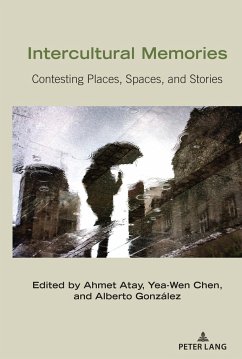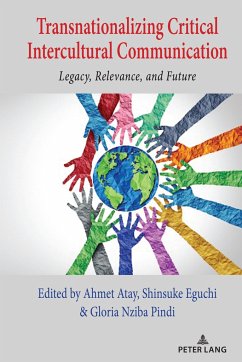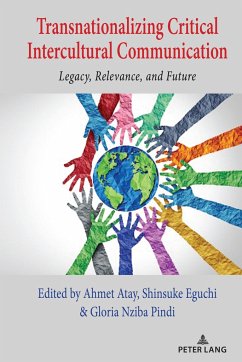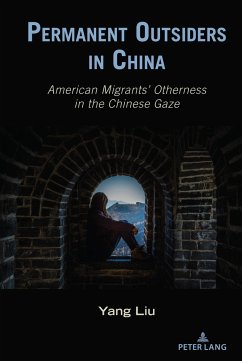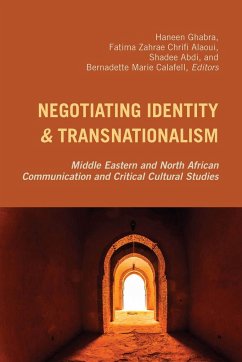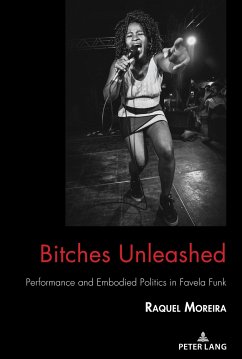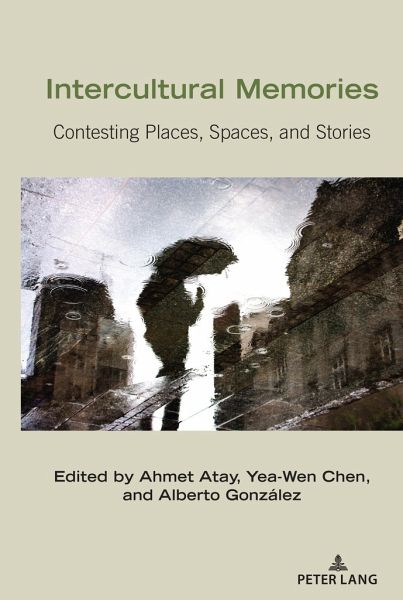
Intercultural Memories
Contesting Places, Spaces, and Stories
Herausgegeben: Nakayama, Thomas K.; Calafell, Bernadette Marie; Atay, Ahmet; Chen, Yea-Wen; González, Alberto
Versandkostenfrei!
Versandfertig in 6-10 Tagen
105,60 €
inkl. MwSt.
Weitere Ausgaben:

PAYBACK Punkte
0 °P sammeln!
Collective remembering is an important way that communities name and make sense of the past. Places and stories about the past influence how communities remember the past, how they try to preserve it, or in some cases how they try to erase it. The research in this book offers key insights into how places and memories intersect with intercultural conflicts, oppressions, and struggles by which communities make sense of, deal with, and reconcile the past. The authors in this book examine fascinating stories from important sites-such as international commemorations of Korean "Comfort Women," a fil...
Collective remembering is an important way that communities name and make sense of the past. Places and stories about the past influence how communities remember the past, how they try to preserve it, or in some cases how they try to erase it. The research in this book offers key insights into how places and memories intersect with intercultural conflicts, oppressions, and struggles by which communities make sense of, deal with, and reconcile the past. The authors in this book examine fascinating stories from important sites-such as international commemorations of Korean "Comfort Women," a film representation of the Stonewall Riots, and remembrances of the post-communist state in Albania. By utilizing various critical and cultural studies and ethnographic and narrative-based methods, each chapter examines cultural memory in intercultural encounters, everyday experiences, and identity performances that evoke collective memories of colonial pasts, immigration processes, and memories of places and spaces that are shaped by power structures and clashing ideologies. This book is essential reading for understanding the links between space/place and cultural memory, memories of nationally, and places constituted by markers of ethnicity, race, and sexuality. These readings are especially useful in courses in intercultural communication, cultural studies, international studies, and peace and conflict studies.





